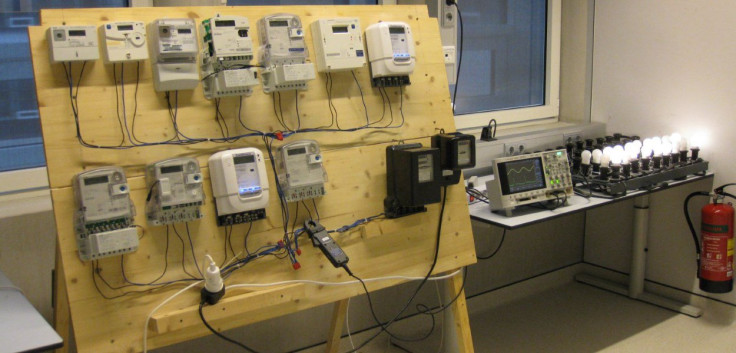Smart meters in the Netherlands found to over-inflate electricity readings by 600%
Tests on nine smart meter brands over six months revealed that some meters repeatedly misreported readings.

Dutch scientists have discovered that smart meters can in fact produce vastly inaccurate electricity meter readings that differ from traditional electromechanical meter readings by up to 600%.
Researchers from the University of Twente Enschede and the University of Applied Sciences Amsterdam in the Netherlands tested nine leading brands of smart meters commonly installed in Dutch homes over a period of six months in a laboratory.
The scientists emulated usual household energy usage patterns by rigging up the smart meters to a variety of electrical appliances including energy-saving light bulbs, LED light bulbs, dimmers and heaters.
Some tests lasted for a week while other tests went on for several weeks, and all the meters used were manufactured between 2004 and 2014.
The results showed a huge variation in readings from all the meters, ranging from the readings being 31% less than the actual reading, to up to 600% more than the actual reading should have been. Five of the meters gave out readings that were much higher that the actual reading, while two meters gave out readings that were less.
The scientists repeated the tests several times using the same conditions on other similar static energy meters, but the results only differed within a few percent of the first inaccurate readings. According to Bleeping Computer, the research was also backed up by comparing the results against energy bills submitted by disgruntled customers to online forums.
750,000 smart meters in Dutch homes might be inaccurate
But what could be causing such a big discrepancy in the different types of smart meters? The researchers reasoned that the problem was likely due to electromagnetic interference, so they dismantled the meters and looked inside.
They discovered that the smart meter fitted with the Rogowski coil current sensor was giving off readings that deviated up to +276%, while the static energy meter that gave off readings -46% less than the actual reading was using a Hall effect-based current sensor. There was also a meter that used a current transformer that gave readings that were either 8% more than the actual reading or 10% less.
The scientists believe that at least 750,000 smart meters currently installed in homes across the Netherlands may be giving out inaccurate readings, and since many other countries use similar smart meters, the problem could potentially affect millions more smart meters across Europe and the rest of the world.
Unfortunately, the scientists are unwilling to reveal the names of the brands they tested. In order to know whether the same problem affects smart meters in other European countries, researchers would need to pick smart meters containing similar sensors and run tests identical to the ones run in the Netherlands to establish whether they are also inaccurate and to what extent.
The study, entitled "Static energy meter errors caused by conducted electromagnetic interference" is published in the IEEE Electromagnetic Compatibility Magazine.
"The reason for faulty readings appears to be the current sensor, and the associated circuitry," the researchers wrote in the paper. "The experimental results [...] show that static energy meters can be pushed into faulty reading (positive and negative) if sufficiently fast pulsed currents are drawn by the consumer."
© Copyright IBTimes 2025. All rights reserved.





















